
Andrea Greco, SVP of healthcare safety at CENTEGIX, discusses risk assessments in medical practices.

Austin Littrell is associate editor of Medical Economics.

Andrea Greco, SVP of healthcare safety at CENTEGIX, discusses risk assessments in medical practices.


As obesity medications gain popularity, many older Americans support coverage — but not higher premiums.
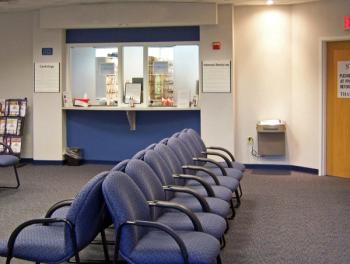
New research in the Annals of Family Medicine explores how visit type, urgency and patient demographics shape the balance between continuity and convenience.
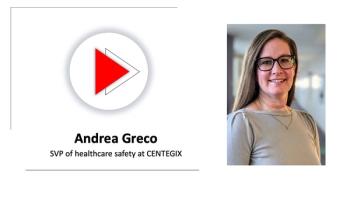
Andrea Greco, SVP of healthcare safety at CENTEGIX, details one key change to improve practice safety.

The top news stories in medicine today.

Study warns that artificial intelligence could increase legal risk and burnout if health systems fail to support doctors.

Andrea Greco, SVP of healthcare safety at CENTEGIX, details cost-effective options for smaller practices looking to conduct risk assessments.


A new JAMA study shows preventable deaths rising in every U.S. state, defying global progress.
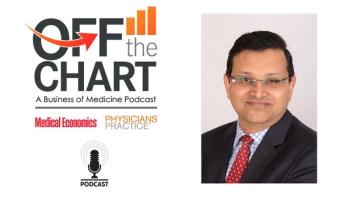
Rohit Harve of PA Consulting talks tariffs and their impact on the medical device industry.

Andrea Greco, SVP of healthcare safety at CENTEGIX, talks about possible next steps once risks are identified.

Andrea Greco, SVP of Healthcare Safety at CENTEGIX, breaks down the key legal and regulatory factors medical practices must consider when conducting risk assessments.

Andrea Greco, SVP of healthcare safety at CENTEGIX, identifies common shortcomings of risk assessments and explains how practices can address their blind spots.

Andrea Greco, SVP of healthcare safety at CENTEGIX, talks about common risk assessment tools.


ACP, medical groups, and Sen. Cassidy challenge the Louisiana Surgeon General’s decision.

Andrea Greco, SVP of healthcare safety at CENTEGIX, explains when medical practices should conduct risk assessments.

Andrea Greco, SVP of healthcare safety at CENTEGIX, explains why risk assessments are so important for medical practices.


Andrea Greco, SVP of healthcare safety at CENTEGIX, discusses risk assessments in medical practices.

ACA provisions boost primary care training amid worsening physician shortage.


Limited coverage may hinder personalized treatment options for alcohol use disorder.


Research finds open-source AI rivals GPT-4, paving the way for secure, in-house AI diagnostic tools.
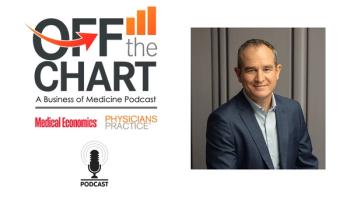
Zed Williamson, founder and CEO of Physician Growth Accelerator, joins the show to discuss keys to success in private practice.

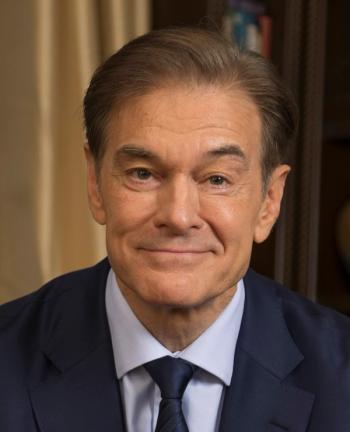
President Trump’s pick to lead CMS defends his record amid tax, policy questions.
